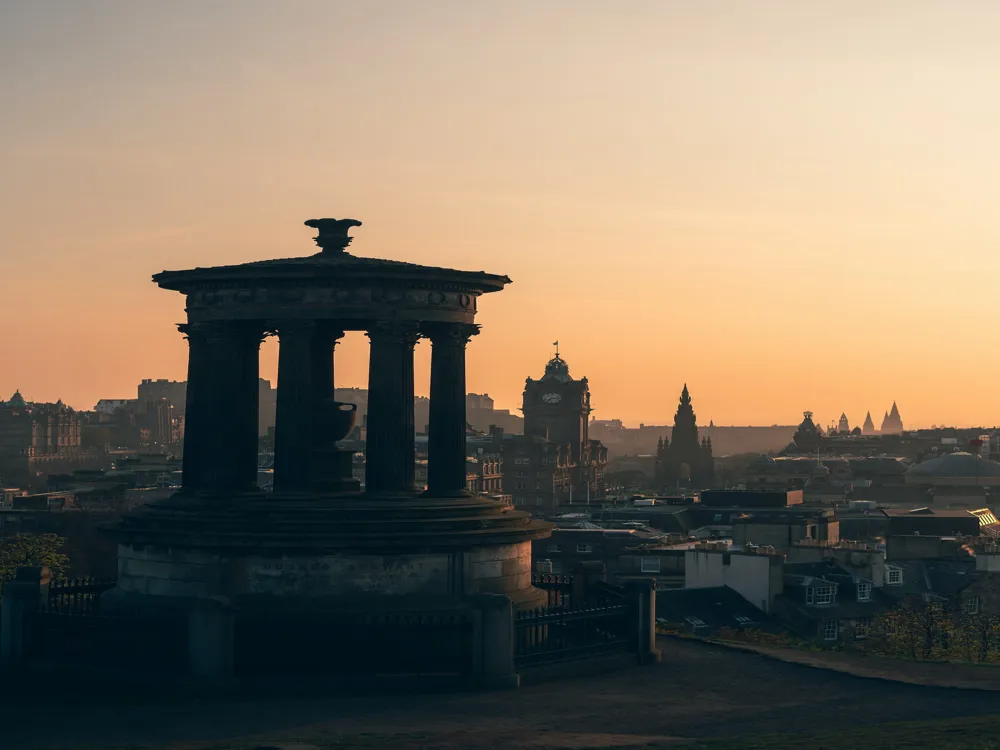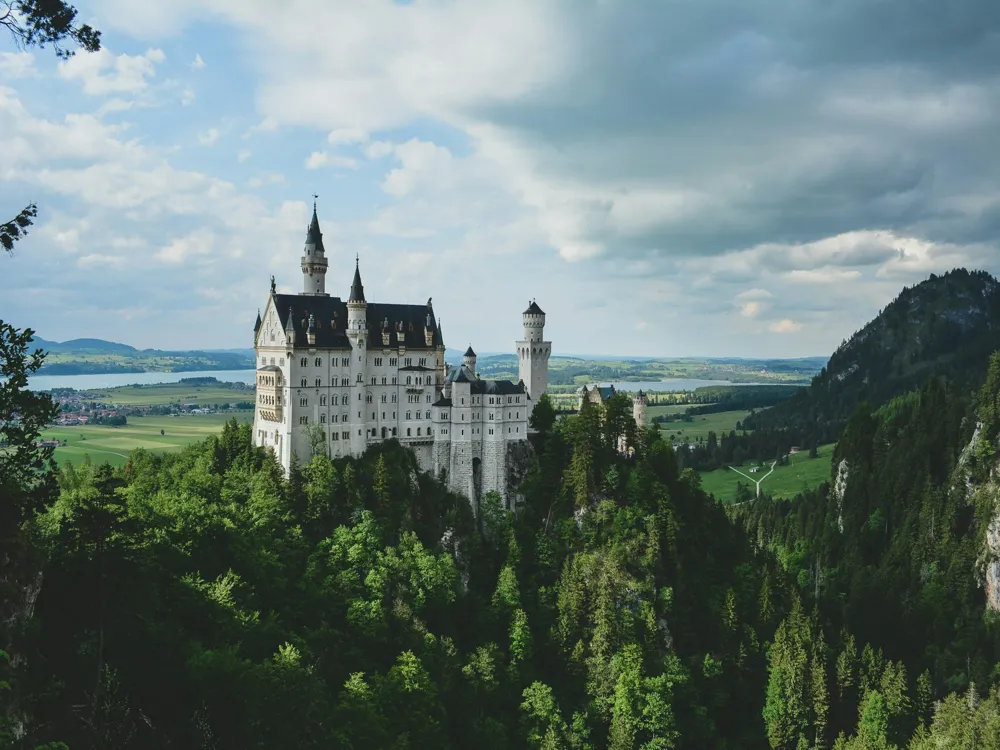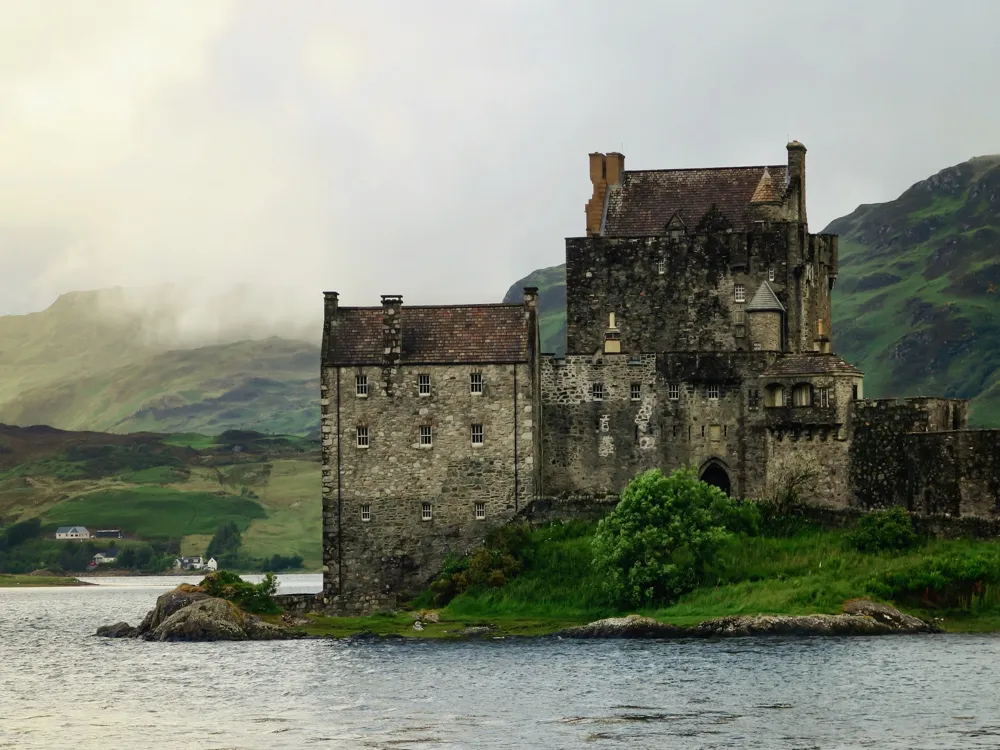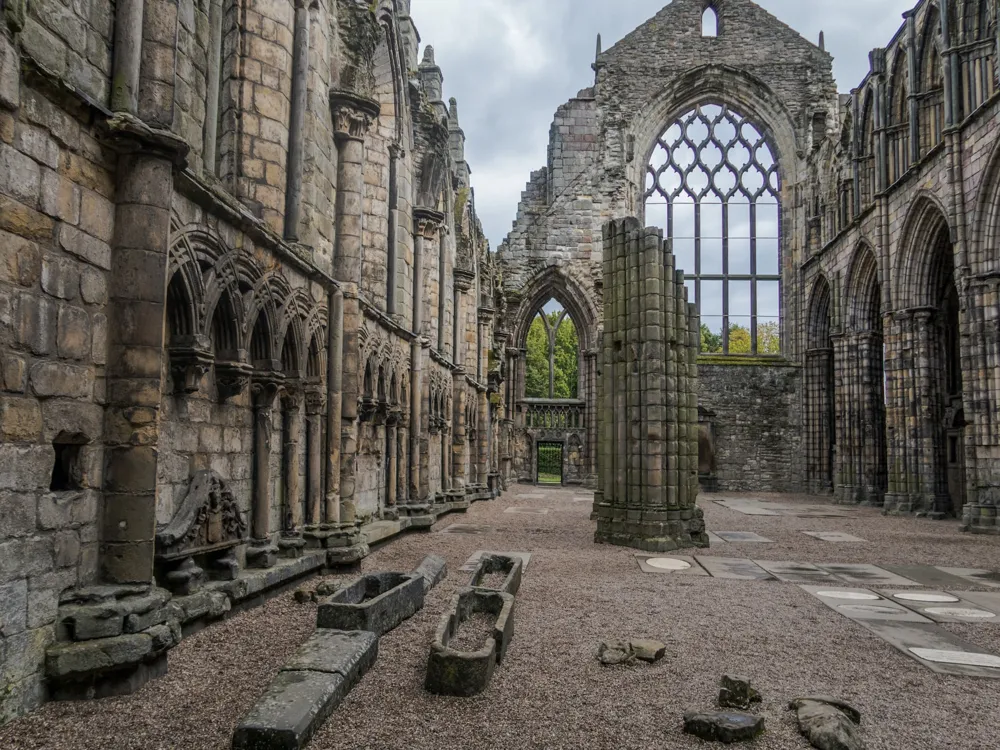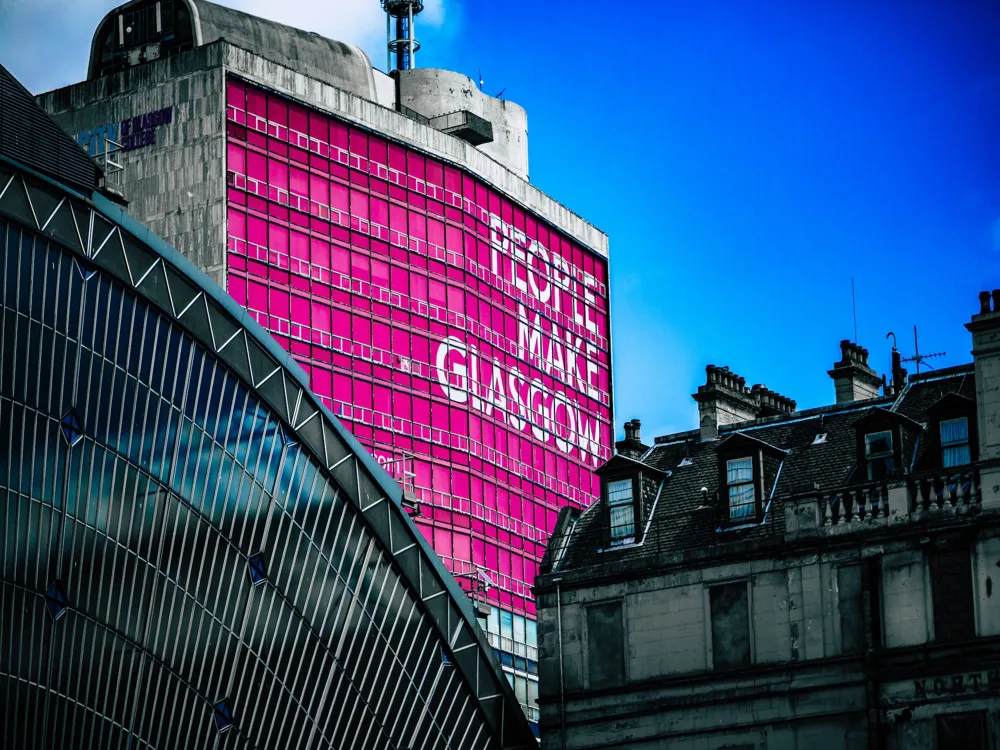Edinburgh, the capital city of Scotland, is a blend of ancient heritage and modern sophistication. Nestled between the North Sea and rolling hills, this city offers a unique character shaped by its historic landscapes and contemporary vigor. Edinburgh's rich history is evident in its old and new towns, both of which are UNESCO World Heritage Sites. The city's vibrant cultural scene, world-renowned festivals, and a plethora of attractions make it a must-visit destination for travelers from around the globe. Steeped in history, Edinburgh has been a focal point for education, culture, and political activism throughout the centuries. From the ancient Edinburgh Castle perched atop Castle Rock, offering panoramic views of the city, to the winding medieval streets of the Old Town, each corner of Edinburgh tells a story. The city has been home to some of the greatest thinkers of the Enlightenment and continues to thrive as a center for education, particularly with the prestigious University of Edinburgh. Whether it's exploring its historic landmarks, savoring its culinary delights, or enjoying its vibrant nightlife, Edinburgh promises an unforgettable experience for every visitor. Edinburgh's cultural tapestry is as diverse as it is rich. The city is renowned for hosting the world's largest arts festival, the Edinburgh Festival Fringe, which transforms the city into a hub of creativity and performance every August. Alongside this, the Edinburgh International Festival, the Military Tattoo, and the Hogmanay New Year celebrations are pivotal in showcasing Scotland's cultural heritage. These events, along with numerous galleries, theaters, and museums, including the National Museum of Scotland, provide a deep dive into the country's history and contemporary art scene. In contrast to its historical aspects, Edinburgh is also a forward-looking city. The modern Edinburgh, especially around areas like Leith and the city's West End, is a testament to contemporary urban development, with a focus on sustainable living and a thriving tech industry. The city's commitment to green spaces, with its numerous parks and the spectacular Arthur's Seat, an ancient volcano, offer a refreshing balance between urban life and natural beauty. Edinburgh isn't just a tourist destination; it's also an economic powerhouse in Scotland. Known for its strong banking and finance sector, the city is home to major financial institutions. It has also made significant strides in the tech industry, earning a reputation as a growing hub for startups and innovation. This blend of historical charm and economic vitality makes Edinburgh a unique place where tradition meets modernity. The city's role as an educational hub cannot be overstated. The University of Edinburgh, founded in 1582, is one of the oldest and most prestigious universities in the world. Along with other higher education institutions in the city, it forms a cornerstone of Edinburgh's identity as a center of learning, research, and innovation. This vibrant academic atmosphere not only contributes to the city's dynamic culture but also attracts students and academics from around the world, adding to its diverse community. Edinburgh’s architecture is a physical narrative of its rich history and a testament to various architectural styles that have evolved over centuries. The city's landscape is a striking amalgamation of ancient and modern, with medieval buildings sitting alongside Georgian townhouses and contemporary structures. This architectural diversity not only adds to the city's charm but also reflects the social, economic, and cultural changes it has undergone through the ages. The Old Town of Edinburgh is a remarkable showcase of medieval and Renaissance architecture. The Royal Mile, which stretches from Edinburgh Castle to Holyrood Palace, is lined with historic tenements and closes (narrow alleys), offering a glimpse into the living conditions of the past. The St. Giles' Cathedral, with its famed crown spire, exemplifies the city’s religious architectural heritage from these periods. In contrast, the New Town, developed in the 18th and 19th centuries, is an excellent example of Georgian and Neoclassical architecture. This area is characterized by its uniform and elegant terraces, squares, and circuses, with grand facades and spacious, well-lit interiors. The New Town's design was a response to the overcrowded Old Town, and it reflects the Enlightenment's ideals of order, symmetry, and beauty. Notable structures include Charlotte Square and the Scottish National Gallery. Alongside these historic styles, Edinburgh has embraced modern and contemporary architecture. The Scottish Parliament Building, completed in 2004, is a prime example of contemporary design, with its innovative use of materials and symbolic references to Scotland's landscape and culture. The city also hosts an array of modern office buildings, residential complexes, and cultural venues that reflect current architectural trends and sustainability practices. What makes Edinburgh's architecture unique is the careful balance between preservation and innovation. The city has managed to maintain its historical charm while adapting to the needs of modern life. This is evident in the restoration of old buildings and the sensitive integration of new constructions into the city's historic fabric. The result is a city that not only respects its past but also embraces the future. The best time to visit Edinburgh is during the summer months (June to August) when the weather is most favorable, and the city comes alive with festivals. However, if you prefer a quieter experience, consider visiting in the spring or fall when there are fewer tourists. Edinburgh is a compact city, making it easy to explore on foot or by bike. Public transport, including buses and trams, is efficient and covers most areas of interest. Taxis are also readily available, but walking is often the best way to experience the city’s charm. From luxury hotels to budget-friendly hostels, Edinburgh offers a wide range of accommodation options. Booking in advance is recommended, especially during festival seasons when the city is at its busiest. Don’t miss the chance to try traditional Scottish dishes like haggis, neeps, and tatties. Edinburgh is also home to a variety of international cuisines, offering something for every palate. Remember to explore the city's pubs and cafes for a more local experience. Scots are known for their friendliness and hospitality. A few simple courtesies, such as saying 'please' and 'thank you,' go a long way. Tipping is customary in restaurants and for services, usually around 10%. Edinburgh is well-connected and accessible through various modes of transportation. Edinburgh Airport, located just outside the city, offers flights from numerous international and domestic destinations. The city is also served by a comprehensive rail network, with Waverley Station being a central hub for trains from across the UK. For those preferring road travel, Edinburgh is well-linked by bus and coach services, and driving to the city is a viable option with its extensive road network. Regardless of how you choose to travel, reaching Edinburgh is convenient and straightforward, making it an accessible destination for travelers from all over.Overview of Edinburgh
Rich Cultural Heritage
Modern-Day Edinburgh
Economic Significance
Educational Hub
Architecture of Edinburgh
Medieval and Renaissance Influences
Georgian and Neoclassical Grandeur
Modern and Contemporary Architecture
Preservation and Innovation
Tips When Visiting Edinburgh
Best Time to Visit
Getting Around the City
Accommodation Options
Local Cuisine and Dining
Cultural Etiquette
How To Reach Edinburgh
Craigmillar Castle
Edinburgh
₹ 54,993 onwards
View edinburgh Packages
Weather :
Tags : Historical Site
Timings : 10:00 AM - 5:00 PM
Entry Fee : Adult - GBP 5.5,
Child - GBP 3.30
Planning a Trip? Ask Your Question
Edinburgh Travel Packages
View All Packages For Edinburgh
Top Hotel Collections for Edinburgh

Private Pool

Luxury Hotels

5-Star Hotels

Pet Friendly
Top Hotels Near Edinburgh
Other Top Ranking Places In Edinburgh
View All Places To Visit In edinburgh
View edinburgh Packages
Weather :
Tags : Historical Site
Timings : 10:00 AM - 5:00 PM
Entry Fee : Adult - GBP 5.5,
Child - GBP 3.30
Planning a Trip? Ask Your Question
Edinburgh Travel Packages
View All Packages For Edinburgh
Top Hotel Collections for Edinburgh

Private Pool

Luxury Hotels

5-Star Hotels

Pet Friendly







